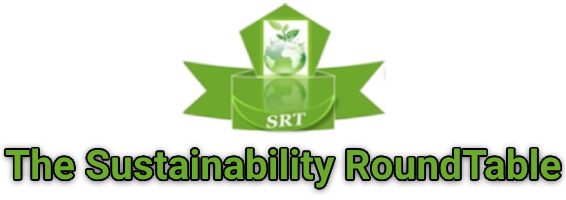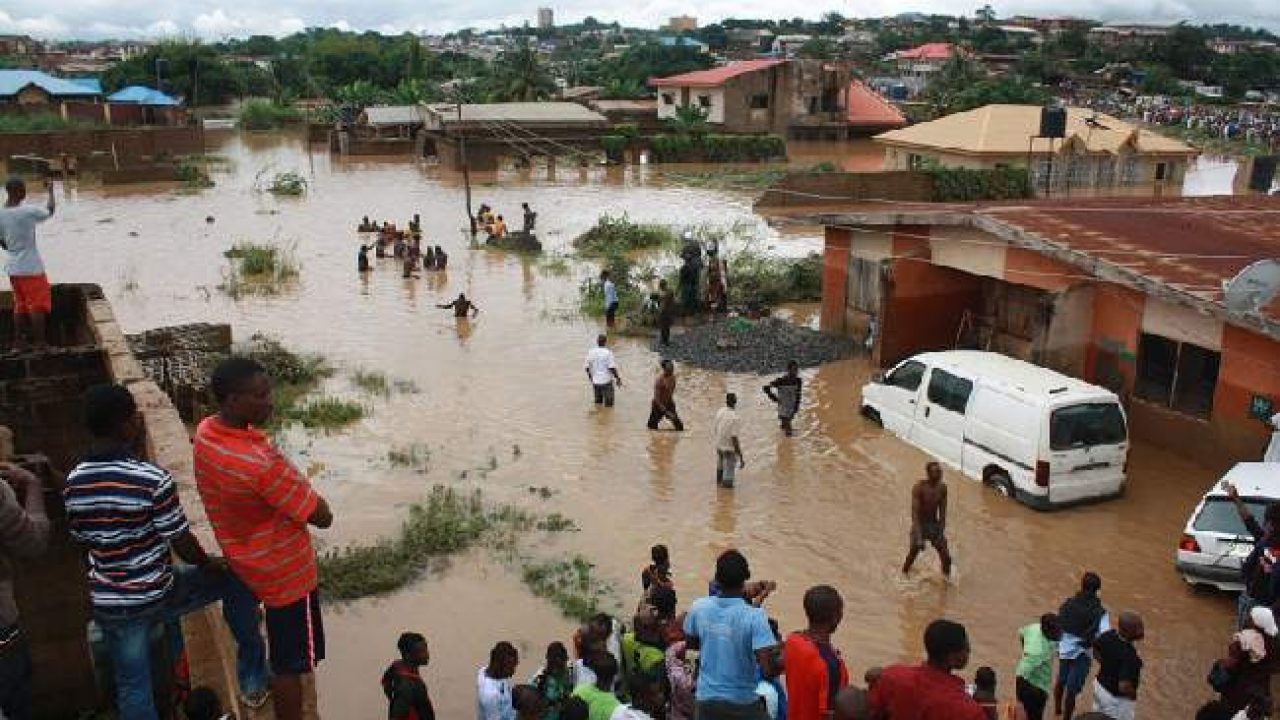In the agrarian landscapes of Nigeria, where the rhythm of life has long been dictated by the cycle of planting and harvest, a new and grim reality is taking root.
February 18, 2024February 20, 2024In Agro-Food, Development, Home, Sustainability, UncategorizedBy Adile Iroajugh



